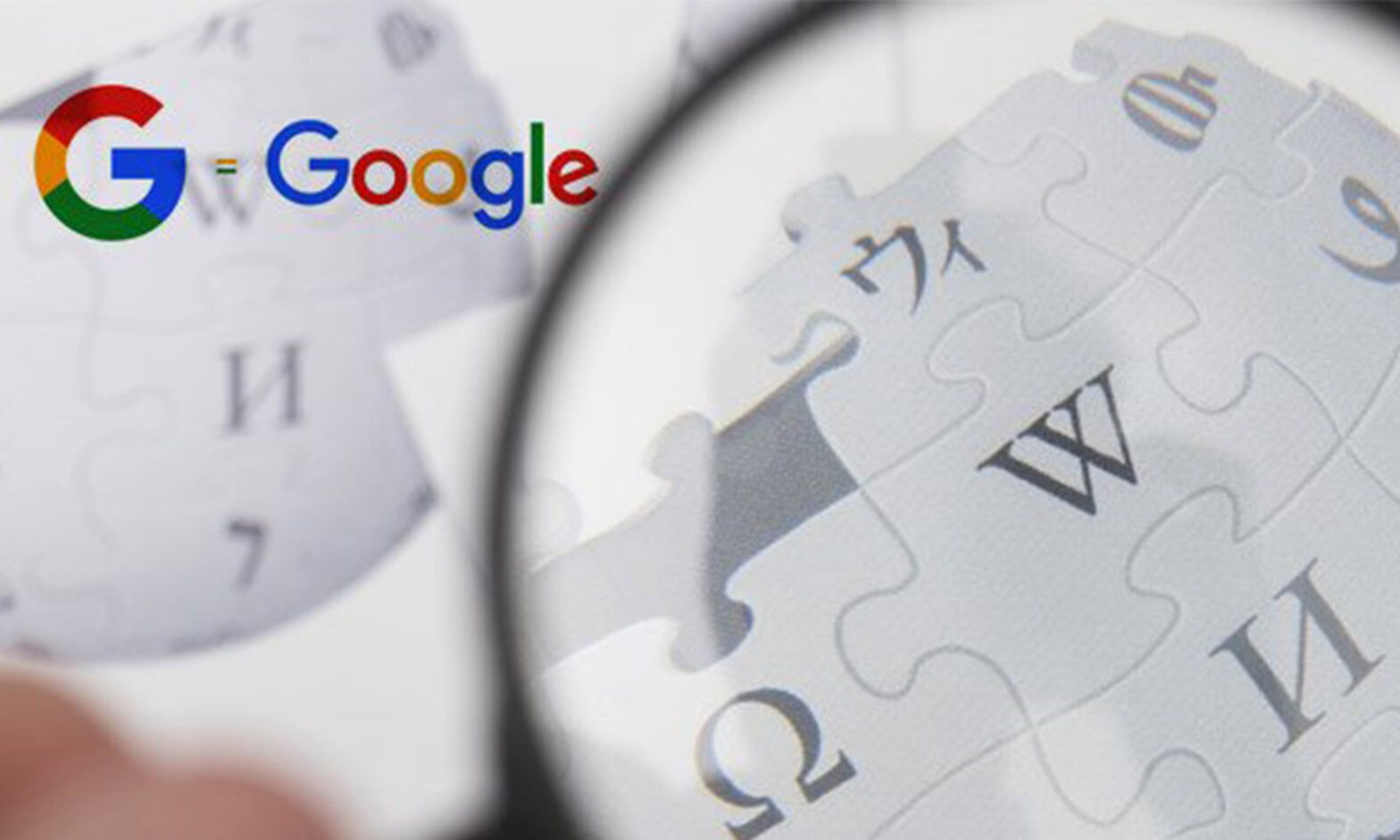Have you heard the buzz about Google’s latest algorithm that allegedly uses paraphrasing to select extractive summaries from relevant content? Evidently, the system will identify related content from trusted sources, such as Wikipedia, find the most important sentences, and create an original article from the content it finds in the form of “abstractive summaries.”
According to Search Engine Journal, Google has published research of a new algorithm that can take yours and your competitor’s webpages and generate “coherent” articles. By creating original content, Google’s new algorithm can answer a user’s question without having to send them to another webpage.
A downside of artificial paraphrasing (abstractive summaries) is that almost a third of the summaries contain fake facts.
Google’s new research has discovered a way to join the best of both approaches. They use “extractive summaries” to extract the important facts from web documents and then apply the “abstractive” approach to paraphrase the content. This approach creates a new document based on the information found on the web, creating Google’s own version of Wikipedia.
You can learn more about Google’s initiative by reading a recent paper published by Peer J. Jiu and Mohammad Salch called Generating Wikipedia by Summarizing Long Sequences.
We’ve already seen some instances of Google using extractive summarization in the form of featured snippets and we can expect to see more and more of this technology in the near future.
To learn more about Google’s Paraphrasing algorithm and abstractive summaries visit Search Engine Journal.


 PREVIOUS
PREVIOUS